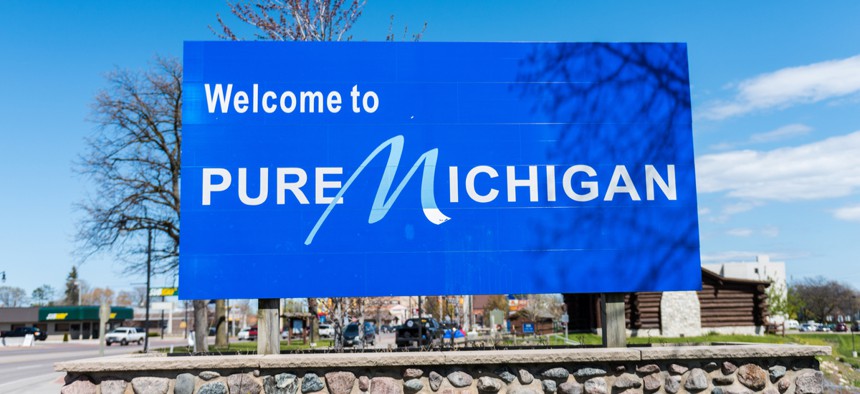Revitalizing Michigan Communities Through Investment Crowdfunding

Shutterstock

Connecting state and local government leaders
2018 NAVIGATOR AWARD WINNER: Katharine Czarnecki, Senior Vice President for Community Development, Michigan Economic Development Corporation
This is the last of a series of 10 profiles on the winners of the 2018 Route Fifty Navigator Awards.
One of the common misconceptions about Michigan’s economy is that everything is tied to the strength of the automotive sector. And while the auto industry indeed continues to be an important player in the state’s economy, the health of many Michigan communities is oftentimes more intertwined with the health of smaller businesses.
In late 2013, Gov. Rick Snyder approved legislation that is known as the Michigan Invests Locally Exemption, or MILE, law, which laid the foundation for “investment crowdfunding” in the state—a mechanism that allows people to help fund a new business or project while getting a small stake.
Among the driving principles around investment crowdfunding is that it connects new businesses and enterprises with capital that they may not be able to access through traditional lending while allowing members of the community to invest in local businesses and organizations that they feel are important to their locality’s success and economic well being.
While Michigan wasn’t the first state to implement an investment crowdfunding law, it’s received national attention for some of the innovative ways it has leveraged the program for economic development in smaller- and medium-sized cities.
Built atop the MILE law is the Public Spaces Community Places program, a placemaking collaboration from the Michigan Economic Development Corporation, the Michigan Municipal League and Patronicity, a crowdfunding and crowdgranting platform that works with cities and other organizations.
Projects funded through the PSCP program “must demonstrate the activation of a new or distressed public space or community place.” Through PSCP, qualifying crowdfunded projects get up to $50,000 in matching funds from the MEDC.
The PSCP program, according to a Navigator Award nomination submission, “mixes traditional economic development with community development in a way that recognizes the growing importance of traditional downtowns, high density living and working, and the migration back to core communities.”
Integral to the program's success has been Katharine Czarnecki, the MEDC’s senior vice president for community development, who has been a champion not only for the PSCP program but all Michigan communities looking to revitalize their main streets and downtown areas.
The PSCP numbers are impressive: More than 170 total projects, a 98 percent success rate, more than $6 million crowdfunded, around $5 million in matched dollars from the state, approximately 31,000 crowdfunding donors and about 7,200,000 total square feet activated.
Michael Grass is Executive Editor of Route Fifty and is based in Seattle.

NEXT STORY: States Rush to Collect Online Sales Tax





